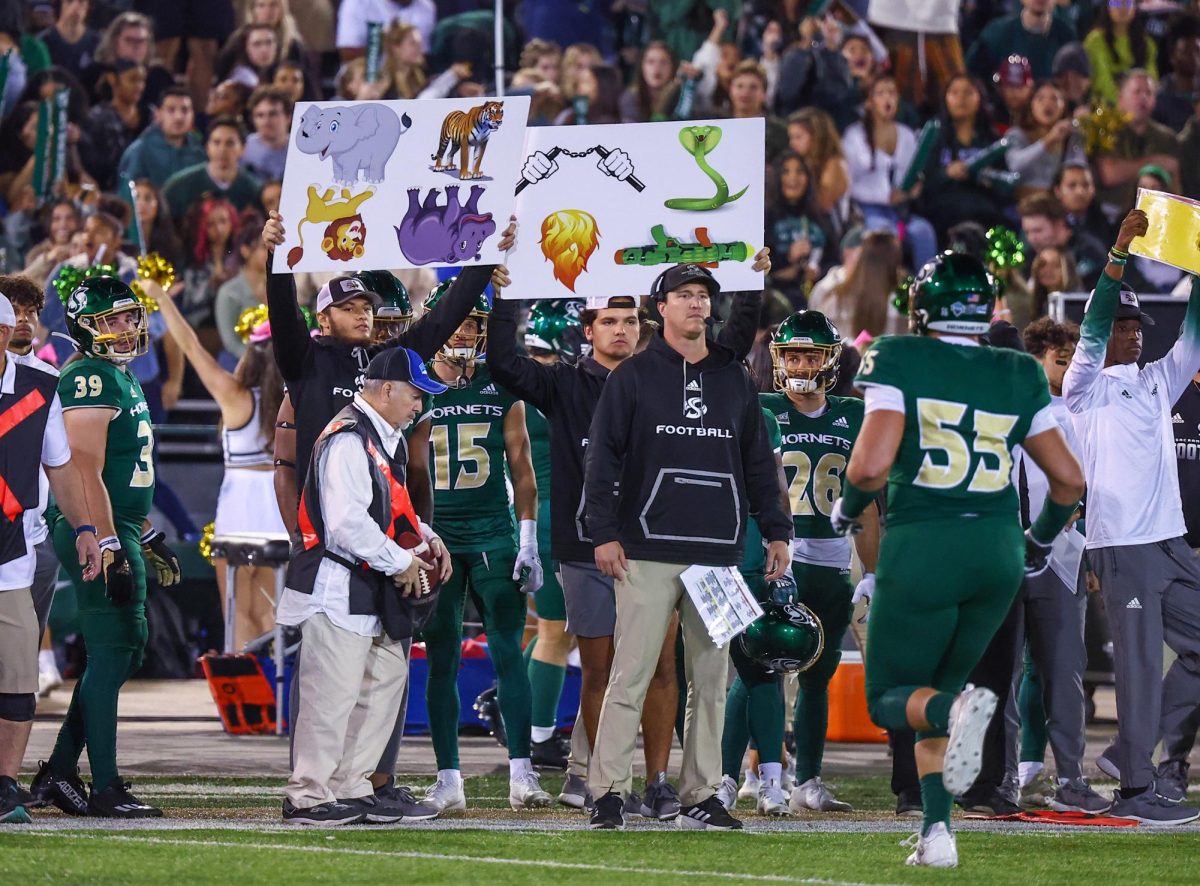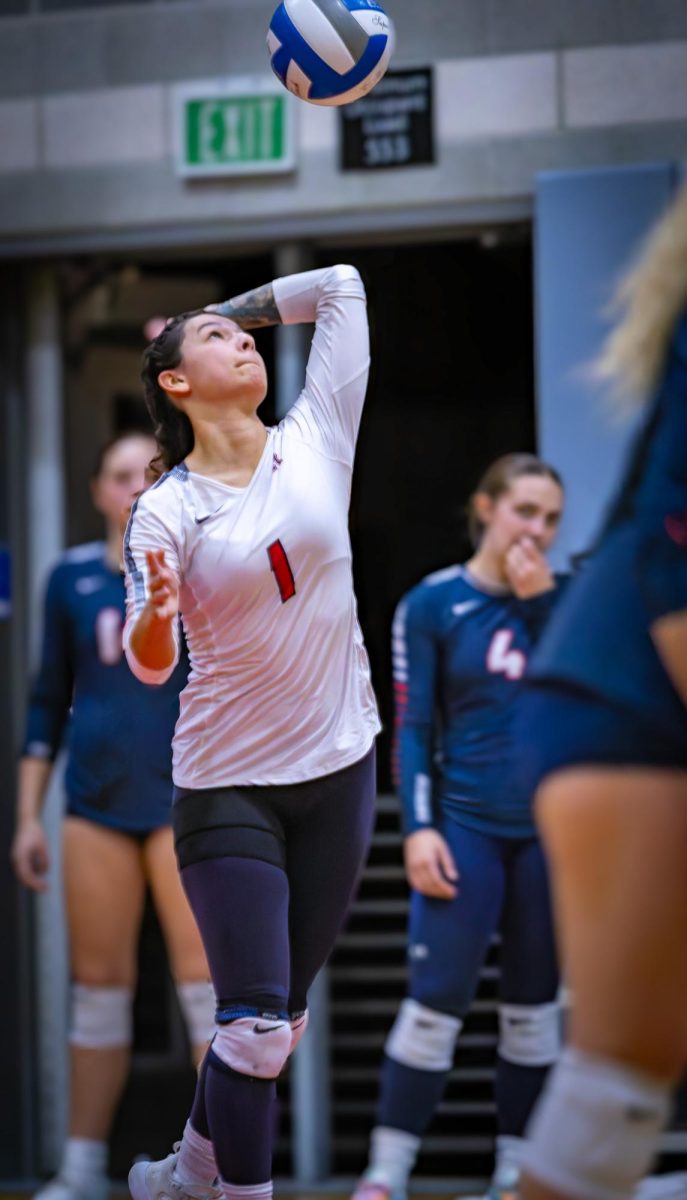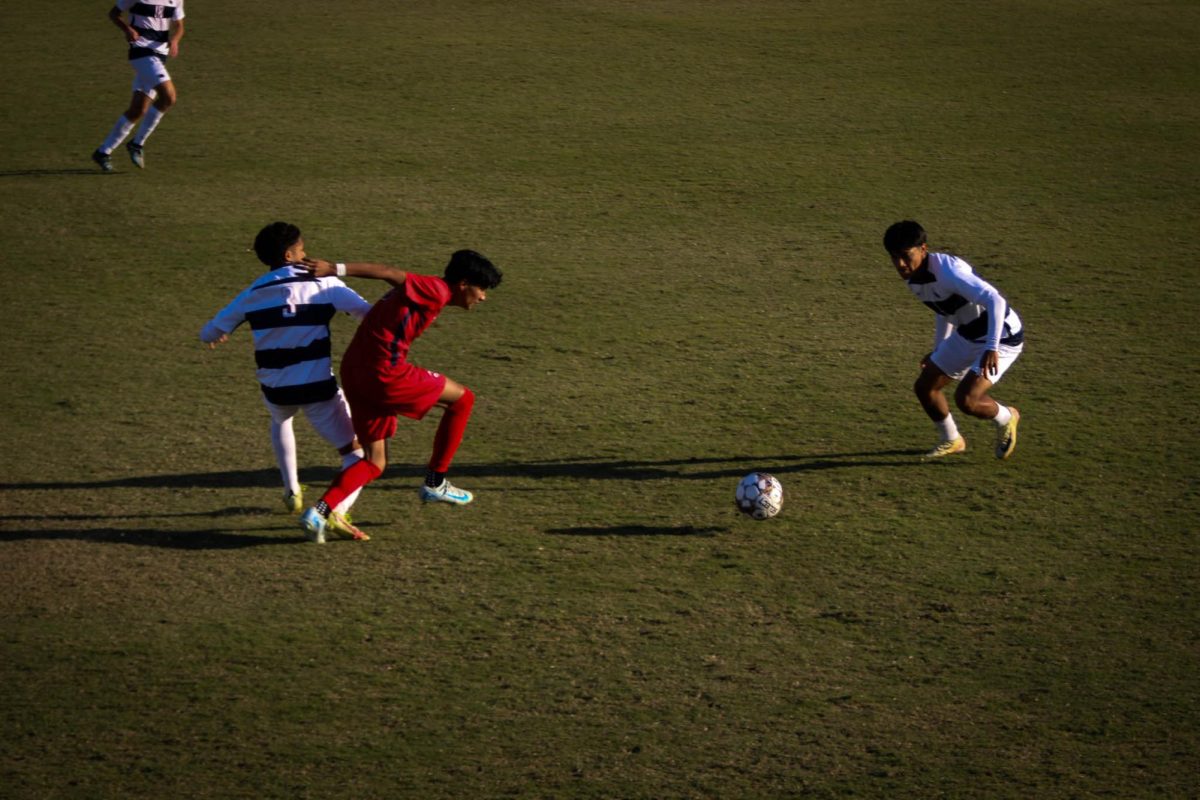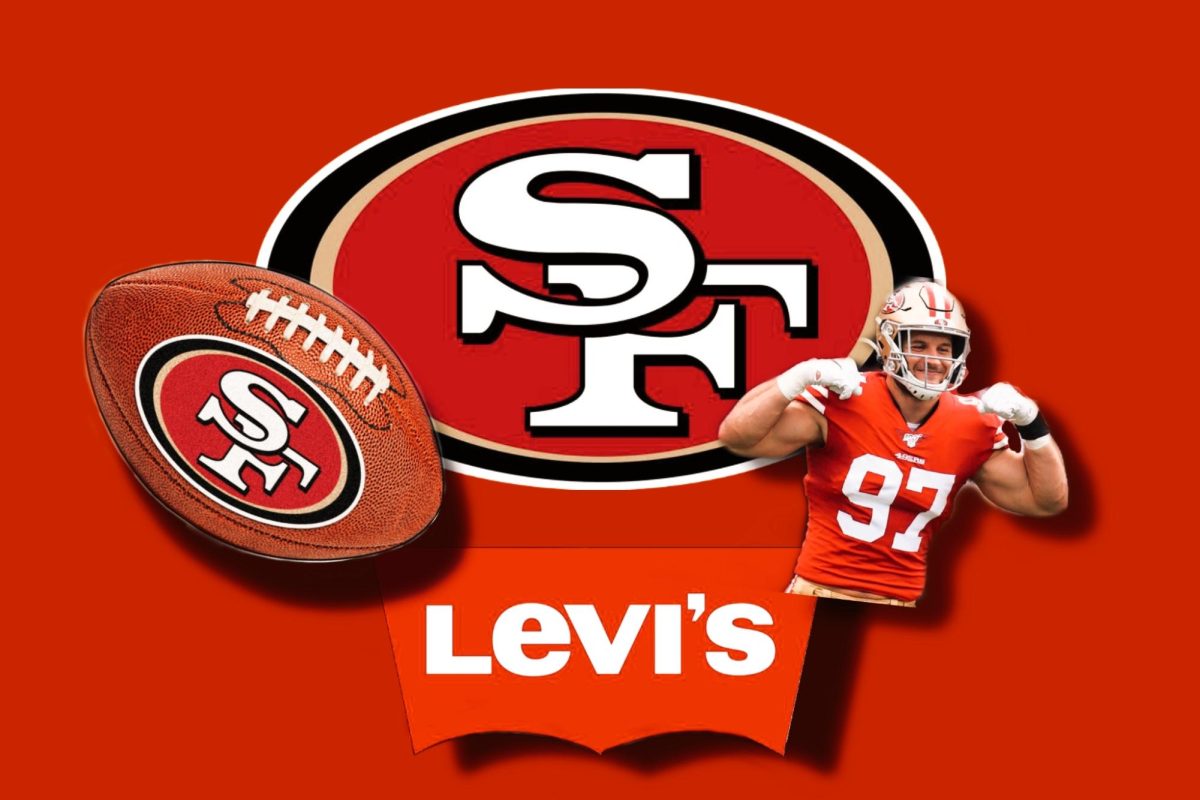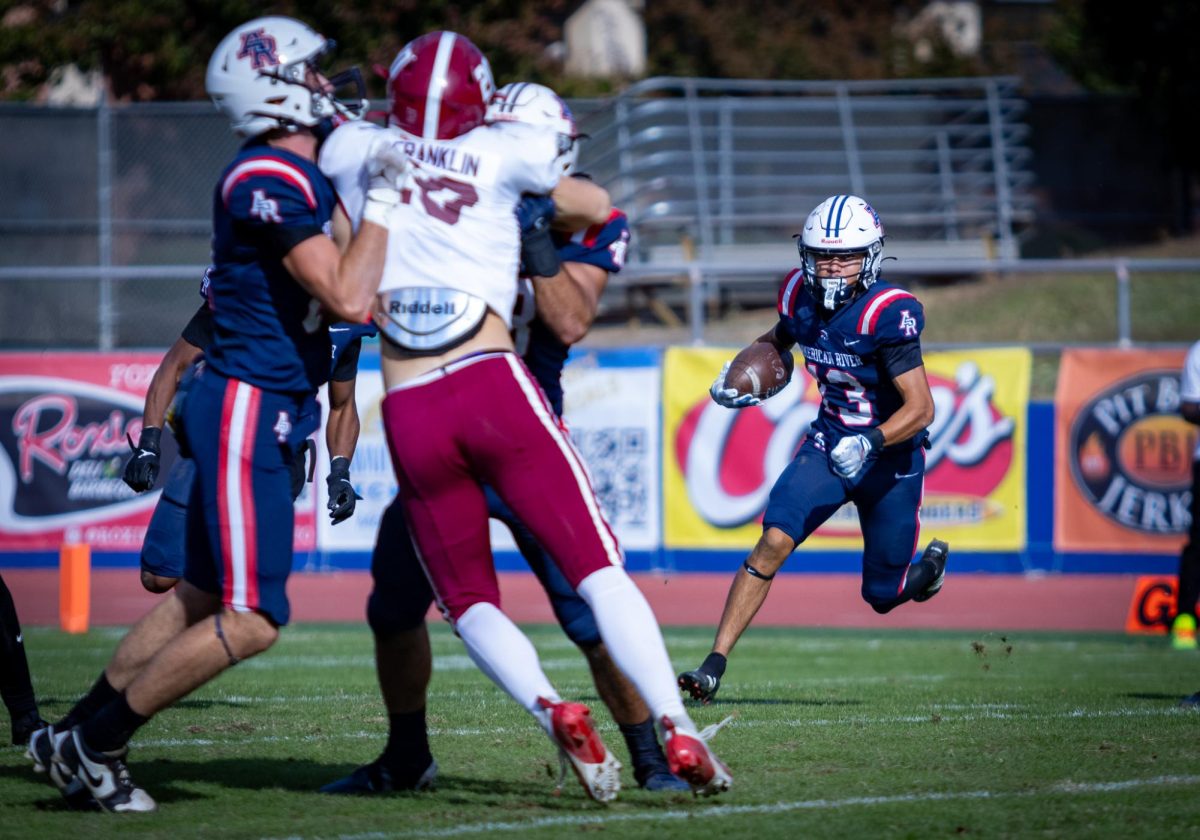Growing up in a foreign country helps individuals develop certain values, morals and beliefs. Moving to the United States can be a culture shock for many. American River College athletes Luis Luna, Goretti DeAnda, Santiago Rodriguez, and Onome Pela have all experienced the shock of moving to America.
Cross country and track & field head coach Rick Anderson knows the impact a foreign-athlete can make on a team. He recalls recruiting Nelson Mwangi, a former athlete of his. Mwangi was born in Kenya and later became the track & field assistant coach.
“It is kind of nice to have them talk [to the team],” Anderson said. “I let him [Nelson] talk to all the guys about how he grew up. His mom would take a rake across the dirt floor inside their concrete house, we would vacuum the carpet or mop the floors and she dragged a rake across to make nice straight lines on it.”
Anderson now has four players on his team that were born in different countries, including Luis Luna and Epi Nunez. He believes diversity doesn’t just include being born in a foreign country.
“A track team is as diverse as any team on campus,” Anderson said. “We’ve got guys from other countries: we have Hispanic, black, white, and everything in between.”
Cross-country and track & field runner Luis Luna grew up playing soccer in Mexico but made the transition to running track when he was in middle school. After posting a fast time in the mile, the school’s track coach convinced him to start running.
Despite moving to Calif. when he was 12, Luna has not lost his roots; he still attends church every Sunday and acknowledges some of the variances between the two countries.
“The way people act,” Luna said. “In Mexico we’re a lot simpler, we appreciate what we have. I think that’s the biggest difference.”
There are currently seven student athletes who attend ARC on a student-athlete Visa, as well as numerous athletes, like Luna, who were born in foreign countries. Despite the changes of residence that these foreign-born athletes have endured, the sports they participate in help them to keep a part of where they came from at all times.
Much like Luna, Goretti DeAnda grew up in Mexico playing soccer with her entire family. She came to the United States when she was five years old and her passion for soccer didn’t change. She currently plays on ARC’s soccer team.
“My dad and brothers all played it,” DeAnda said. “In fact, my dad still does, and he’s 62!”
Another South American student, Santiago Rodriguez, found his passion in the pool; he currently competes on the water polo and swim and dive team. Rodriguez came to the United States strictly to play water polo and compete on the swim and dive team at ARC.
Like the other athletes mentioned, Rodriguez grew up playing soccer.
“I love soccer and so does all of Colombia,” Rodriguez said. “But in Envigado, we swim and play water polo.”
In Delta City, Nigeria, Onome Pela grew up playing soccer. He has been living in Calif. for nine years after moving here at the age of 12, but still finds himself facing the shock of American culture when it comes to food and school.
“In high school here, we have different classes. You go from class to class,” Pela said. “There, we’re just in one class and one teacher teaches you English and math. Here, it’s really diverse. There are different kinds of people from different cultures.”
These particular athletes are not just expressing their skills and style in the way they play. They are managing to keep a part of their culture with them no matter how far away from their home they may be.


